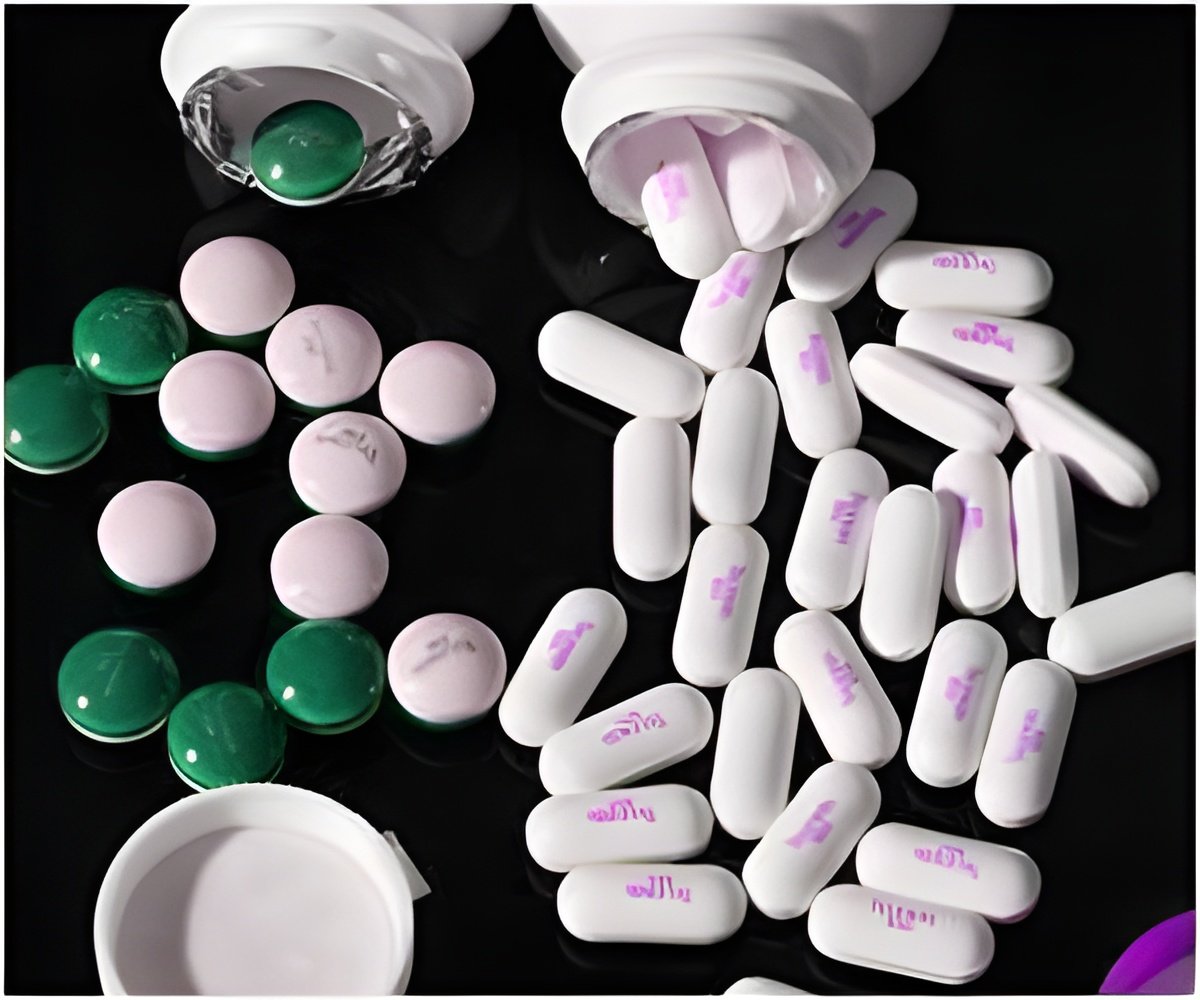Almost a year's treatment with a vitamin D compound did not alleviate key structural and functional cardiovascular abnormalities in patients with kidney disease and cardiac enlargement.

"Several studies have suggested that vitamin D therapy may improve cardiovascular health, so we were surprised that the results did not support our hypothesis that paricalcitol, which we use to treat hyperparathyroidsm in kidney disease patients, would reduce left ventricular hypertrophy and improve diastolic function in these patients," says Ravi Thadhani, MD, MPH, of the Massachusetts General Hospital Division of Nephrology, lead author of the JAMA report. "There was some evidence that paricalcitol may reduce the incidence of heart failure, but that will need to be followed up in a larger trial focused on that potential outcome."
Patients with chronic kidney disease become deficient in vitamin D, which leads to elevated parathyroid hormone (PTH) levels, commonly treated with paricalcitol. Since kidney disease patients are at increased risk of cardiovascular disease, which may be associated with vitamin D deficiency, the current study was designed to investigate the impact of paricalcitol treatment on specific cardiovascular abnormalities.
The PRIMO (Paricalcitol capsule benefits in Renal-failure-Induced MOrbidity) study enrolled 227 participants from 60 centers in 11 countries, all of whom had chronic kidney disease and mild to moderate enlargement of the left ventricle. Participants – whose PTH levels had just reached the point where paricalcitol could be prescribed – were randomly assigned to receive daily doses of either paricalcitol or a placebo for 48 weeks. Changes in the size of the left ventricle were measured by cardiac MRI, and ventricular function was assessed by echocardiography and MRI.
At the end of the study period, participants receiving paricalcitol did have lower PTH levels, but there was no significant difference between the two groups in either left ventricular enlargement or in echocardiographic measures of ventricular function. Fewer members of the paricalcitol group were hospitalized for cardiovascular disease, and those participants also had lower blood levels of a biomarker for heart failure; but the study was not large enough to confirm a reduced risk of heart failure with paricalcitol treatment.
"The study did not support our hypothesis but presented us with two intriguing findings," says Scott Solomon, MD, director of Noninvasive Cardiology at Brigham and Women's Hospital and senior author of the JAMA report. "If the larger outcomes studies that are currently underway confirm a paricalcitol benefit in heart failure, our results suggest that the mechanism must be something other than reducing left ventricular hypertrophy or improving diastolic function."
Source-Eurekalert
 MEDINDIA
MEDINDIA




 Email
Email










